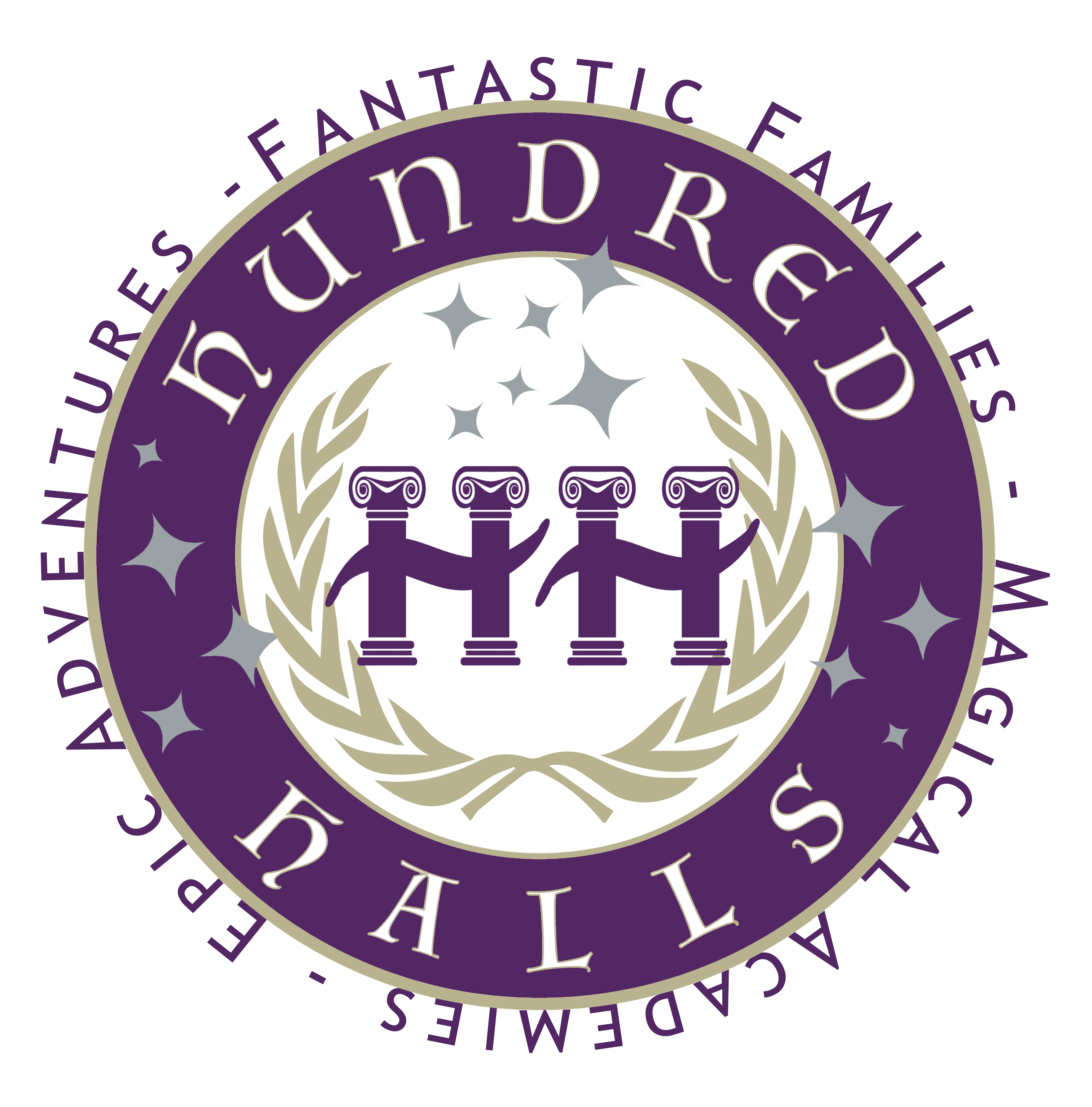Today I’m going to take a look at the flip side of “Machines That Know“. What are the bad unintended consequences of having machines that can recognize objects, people and emotions?
The assumptions for the technology will be the same as the “10 Good Things“. First, cameras are ubiquitous in public areas (roads, malls, businesses, schools, etc). The second assumption is the information collected from cameras (the data) is easily accessible by anyone, but not the raw feeds (the video). So you can’t sit and watch a particular camera to spy on someone. Third, everyone has an iPhone or similar travelling computer to access the data (with the appropriate apps).
Ten Bad Uses for “Machines That Know”
1) Lift personal information and passwords when using kiosks (ATMs and credit cards).
2) Corporations can track individual tastes and spending habits to maximize profit on you, because they would know what you were willing to pay.
3) Government used data to decide if you might be about to perform a crime based on your facial expression (i.e. Minority Report or the TV series Lie To Me).
4) Estranged parents using the information trail to find the best place to snatch their children.
5) Churches checking up on their members to make sure they are not “sinning”.
6) Employers checking up on their employees to make sure they aren’t violating contracts.
7) Used to cheat in card games because “tells” could be identified by programs.
8 ) Stalk someone, and send them messages saying “I know you were <insert location>”.
9) Health insurance keeping tabs on people for bad habits (smoking, eating fast food, etc) and increasing rates when found doing too many “bad” things.
10) Employers checking facial expressions for happiness quotient during customer interactions. (ie – smiling)
The key misuse of the information in the “bad” list, as opposed to the “good” list, is that the data is tied directly to an individual. When someone else can access your personal information, then they can make many assumptions, good or bad, about you without you getting a chance to correct them.
It is my belief that personal data in the Internet age should be owned by the individual. Generalized data is free to be used by anyone, so long as it is not tied to an individual. If personal data is allowed to be used by anyone, then I believe that usage will impose on a person’s free will.


If singularity ever happens, the first logical thing they will have to do is wipe at the nonsensical humans. Maybe they should legislate to incorporate Asimov’s Laws of Robotics into robot design.